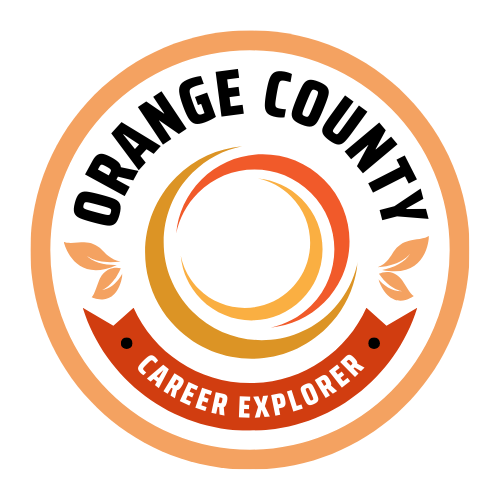Master of Library & Information Science (Masters)
UCLA
Los Angeles, CA
The Master of Library & Information Science (MLIS) program at UCLA provides students with a blend of conceptual and theoretical knowledge and practical experience. In the classroom, students acquire a solid foundation in contemporary library, archival, and information science theory, information seeking and retrieval skills, and information technology expertise.
Outside the classroom, the internship program, involving over 250 organizations across Southern California, extends classroom learning by allowing students to apply their theoretical insights and practical skills in a professional environment.
Our students are mentored for leadership in whatever field of information work they choose to enter. The program has near 100% work placement within six months of graduation. We do this by providing:
- Face-to-face classroom instruction;
- A wide choice of specializations and course offerings;
- Internship opportunities;
- Individual advisors;
- Mentoring programs;
- Teamwork experience;
- Support for student participation in professional organizations; and
- The opportunity for students either to compile a portfolio in which they assess and present their career-related activities to date, or to write a thesis presenting the results of original research.
The UCLA MLIS program is accredited by the American Library Association (ALA) and is one of the most innovative and comprehensive in the country. Our graduates are highly successful and accomplished information professionals who work in a wide variety of institutions after graduation.
Goals
The goals of the UCLA MLIS program include:
- To provide students with a coherent program of study that includes broad preparation in foundational knowledge and skills as well as opportunities to cultivate more specialized areas of interest;
- To ensure that students have the cultural competency to engage with and advocate for a diverse range of information environments;
- To provide students with the technological and intellectual fluency, ethics, skills and knowledge necessary to thrive, innovate and critically intervene in a diverse range of information environments; and
- To ensure that all students are enabled to take advantage of a broad array of professionally appropriate internship and field experience opportunities.







